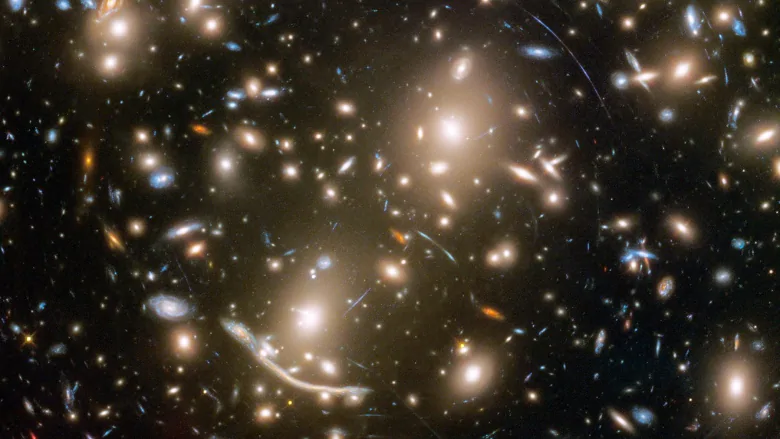It’s a question that has plagued astronomers for decades: How old is the universe and how will it end? Now an international team of scientists using a telescope in Chile believe their new findings help refine measurements.

Another telescope is helping us better understand the age of the universe and its future.
Using the Atacama Cosmology Telescope (ACT) in Chile, a group of astronomers say their observations support an earlier estimate as to the age of the universe: 13.77 billion years, give or take 40 million years. Their paper was released on the pre-print publishing service arXiv.org on Wednesday and submitted to the Journal of Cosmology and Astroparticle Physics.
The estimate supports observations taken by the European Space Agency’s Planck space telescope in the early 2010s.
Over the years, there have been other studies that have disputed that number. For example, in 2019, a study published in the journal Science suggested the universe was 11.2 billion years old.

“For a half dozen years, I’d say even more … within the past three years, there has been one conference after another all over the world completely focused on this issue where one group comes up and they say, ‘Oh, this is what we get,’ and the other group comes up and says, ‘This is what we get,” said Richard Bond, co-author of the paper and director of the Canadian Institute for Theoretical Astrophysics at the University of Toronto.
“We call it the Hubble tension.”
Why isn’t there a clear-cut answer?
It all comes down to the methods used to calculate the expansion of the universe.

